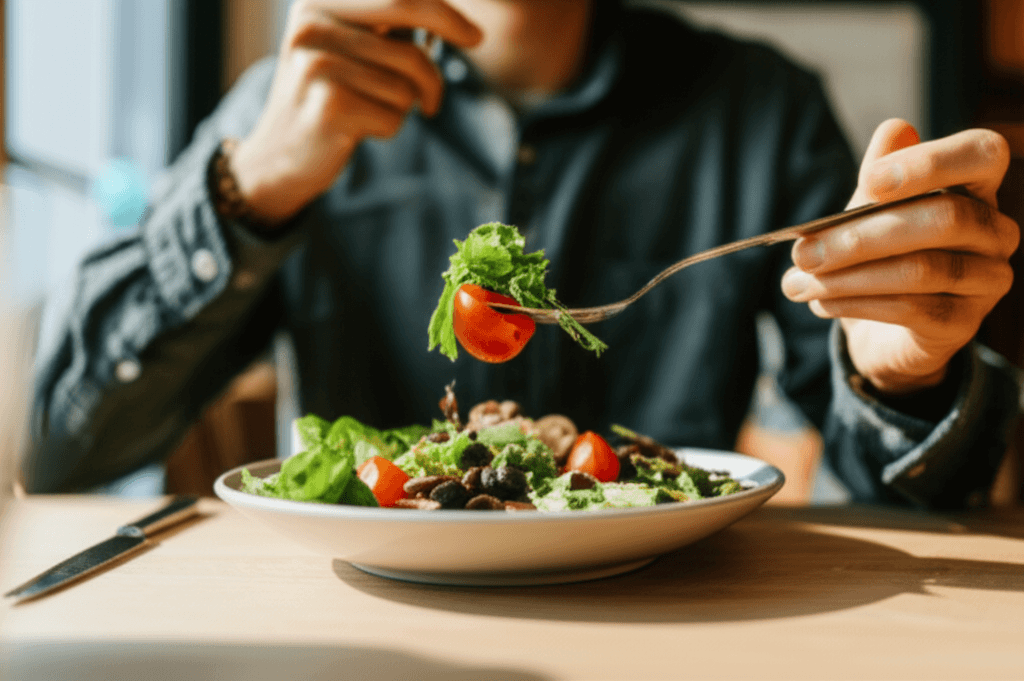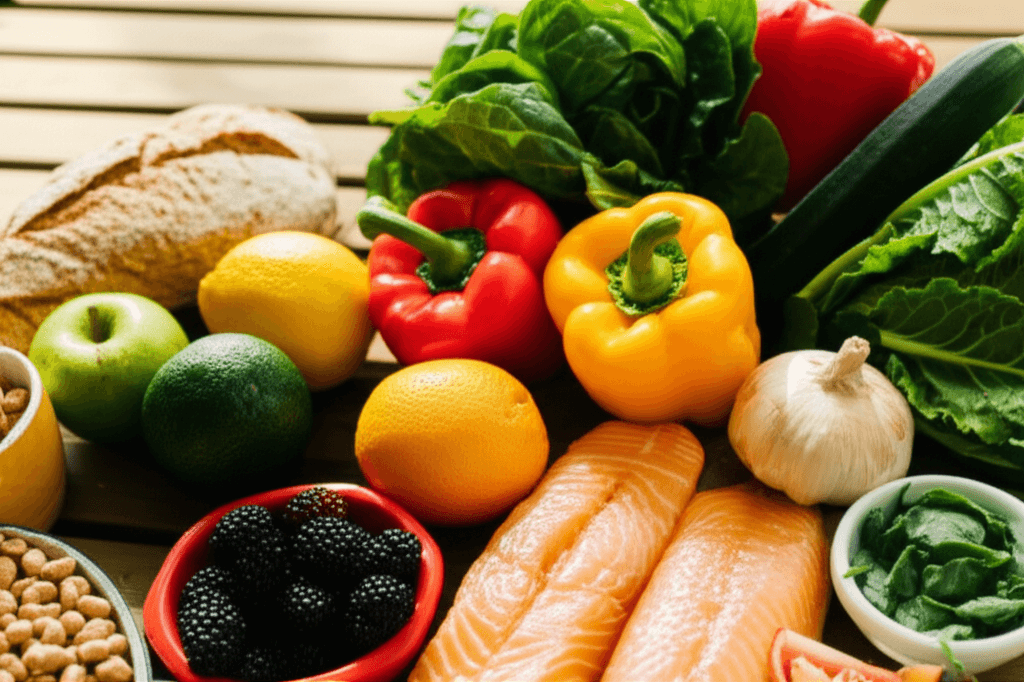In a world that constantly encourages us to speed up, the simple act of slowing down our meals might just be the most underrated secret to shedding unwanted kilos and fostering a healthier relationship with food. Forget restrictive diets and grueling workouts for a moment; the pace at which you eat plays a profound role in your body’s ability to recognize fullness, optimize digestion, and ultimately, facilitate sustainable weight loss. Fitness coaches and nutrition experts are increasingly emphasizing this mindful approach, highlighting its myriad benefits beyond just calorie control.

Why Eating Slowly is a Game-Changer for Weight Loss
The connection between eating slowly and effective weight loss isn’t just anecdotal; it’s rooted in our physiology and psychology. When we rush through meals, we often override our body’s natural signals, leading to overconsumption and subsequent weight gain.
Hormone Regulation and Satiety Signals
One of the primary reasons eating slowly aids weight loss lies in its impact on hunger and fullness hormones. After you start eating, your gut begins to suppress ghrelin, the hunger-controlling hormone, and releases satiety hormones that signal to your brain that you’ve eaten enough. This intricate process takes approximately 20 minutes. By eating slowly, you give your brain adequate time to receive these crucial signals, allowing you to feel full and satisfied with less food. Studies show that slower eaters report less hunger even an hour after a meal compared to those who eat quickly.
Reduced Calorie Intake
Because slower eating allows these satiety signals to register, it naturally leads to a reduction in overall calorie intake. When participants in studies were asked to eat at different rates, those who chewed more and ate slower consumed significantly fewer calories. This spontaneous decrease in consumption can contribute to meaningful weight loss over time without feeling deprived.
Improved Digestion and Nutrient Absorption
Digestion actually begins in the mouth. Thorough chewing, a natural consequence of eating slowly, breaks down food more effectively, creating smaller, more digestible particles. This initial breakdown aids the entire digestive process, allowing for better absorption of nutrients and reducing discomfort like bloating. Proper digestion can also influence feelings of satiety and overall gut health.
Enhanced Enjoyment and Mindfulness
Eating slowly transforms a rushed act into a mindful experience. It encourages you to savor each bite, paying attention to the taste, texture, and aroma of your food. This heightened awareness can lead to a deeper appreciation for your meal and can help you identify emotional triggers for overeating, such as stress or boredom. Mindful eating can also lead to a sense of gratitude and a deeper connection to the food you eat.

6 Healthy Nutrition Tips to Shed the Kilos
Beyond the pace of eating, a holistic approach to nutrition is crucial for sustainable weight loss. Here are six practical tips, championed by fitness coaches, to help you shed those extra kilos.
1. Prioritize Whole, Unprocessed Foods
Focus on a diet rich in whole foods such as fruits, vegetables, lean proteins, whole grains, and healthy fats. These foods are packed with fiber, vitamins, and minerals, which promote fullness, provide sustained energy, and support overall health. Minimize highly processed foods, sugary drinks, and refined grains, which often contribute to excess calorie intake and nutrient deficiencies.
2. Embrace Protein and Fiber at Every Meal
Both protein and fiber are powerhouses for weight loss. Protein helps build and maintain muscle mass, increases satiety, and requires more energy to digest. Fiber, found abundantly in fruits, vegetables, and whole grains, adds bulk to your meals, making you feel fuller for longer and aiding digestion. Aim to include a lean protein source (like chicken, fish, beans, or lentils) and plenty of fiber-rich foods in every meal to control appetite and prevent overeating.
3. Stay Adequately Hydrated
Often, our bodies confuse thirst signals with hunger. Drinking plenty of water throughout the day, especially before meals, can help control your appetite and ensure you’re satisfied with appropriate portions. A fitness coach suggests drinking 4 liters of water daily, emphasizing that this does not include coffee or tea. Proper hydration is also vital for digestion, metabolism, and overall bodily functions.
4. Practice Mindful Portion Control
Even with healthy foods, portion sizes matter for weight loss. Be conscious of how much you’re serving yourself. Using smaller plates can be a simple psychological trick to make portions appear larger. Pay attention to your body’s hunger and fullness cues, stopping when you feel comfortably satisfied, not overly stuffed. A food journal can also help identify patterns related to overeating.
5. Plan Your Meals and Snacks
Strategic meal planning can prevent impulsive, unhealthy food choices. When you have a clear plan for your meals and snacks, you’re less likely to grab convenient, calorie-dense options when hunger strikes. Preparing meals in advance (meal prepping) ensures you have control over ingredients and portion sizes, making it easier to stick to your nutritional goals.
6. Don’t Fear Healthy Fats (in Moderation)
Healthy fats, found in foods like avocados, nuts, seeds, and olive oil, are essential for hormone production, nutrient absorption, and satiety. While they are calorie-dense, incorporating them in moderation can help keep you feeling full and satisfied, reducing cravings for less healthy options. As with all foods, portion control is key when it comes to healthy fats.
By integrating slow, mindful eating with these practical nutrition tips, you can cultivate sustainable habits that lead to effective weight loss and a healthier, more balanced lifestyle.







